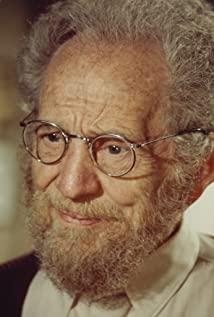-
Margot 2022-02-02 08:02:37
Ripped the fig leaf but only a small seam
A typical idealistic film with some small talk.
The first two thirds were fine to me, until Phil got into a paranoid fight with Casey.
I saw a short animated short film on the subway that was very educational and unexpected. It was about the protagonist jumping in line when buying subway tickets and...
-
Nona 2022-02-02 08:02:37
Gentleman's Agreement: The Silent Majority [Best Picture at the 20th Academy Awards]
http://blog.trivialfilm.com/2012/06/gentleman-agreement20.html
Gentleman's Agreement (1947)
The film won Best Picture at the 20th Academy Awards.
The film tells the story of a writer. In the age of anti-Semitism, the leading actor, a well-known author, was invited to a magazine whose...

Sam Jaffe
Extended Reading
Related articles
-
Kathy Lacey: I love this house, deeply... and I started to build it when things first began to go wrong between Bill and me. And somehow it became a symbol to me of many things. Sometimes, when you're troubled and hurt, you pour yourself into things that can't hurt back.
-
Kathy Lacey: You can't make over the whole world. You know I'm on Dave's side.
Phil Green: Well, I'm not on Dave's side or any side, except against their side.












